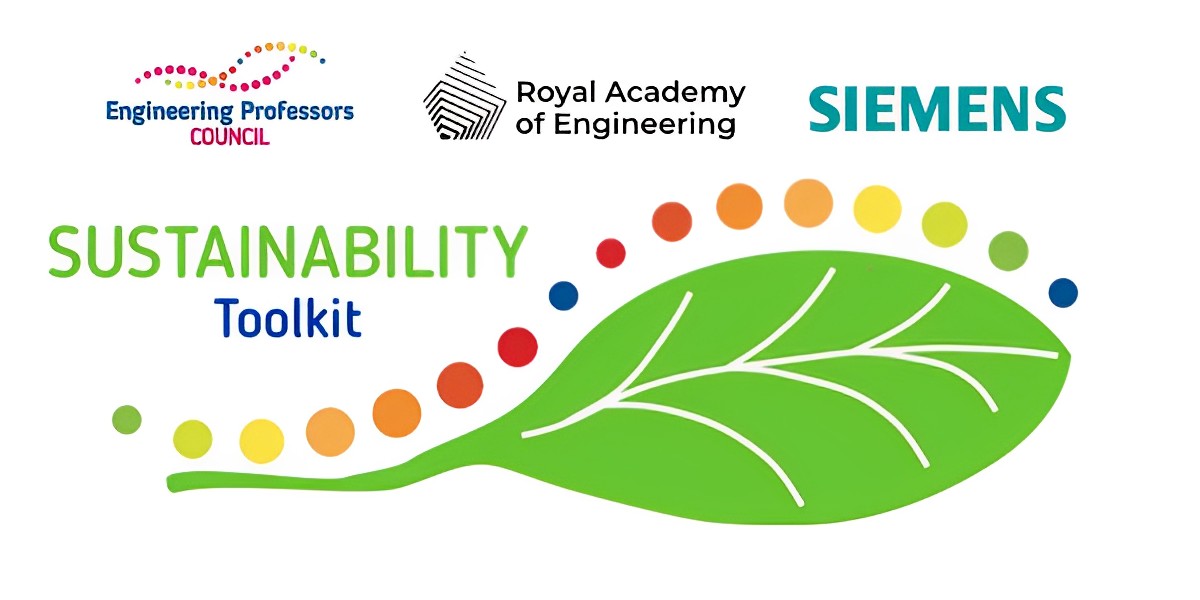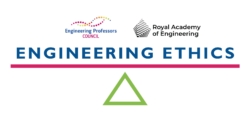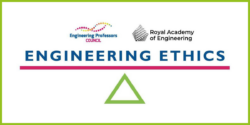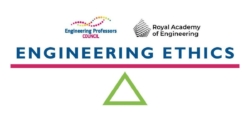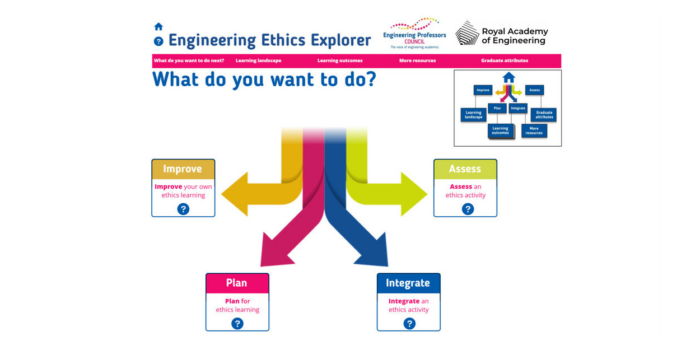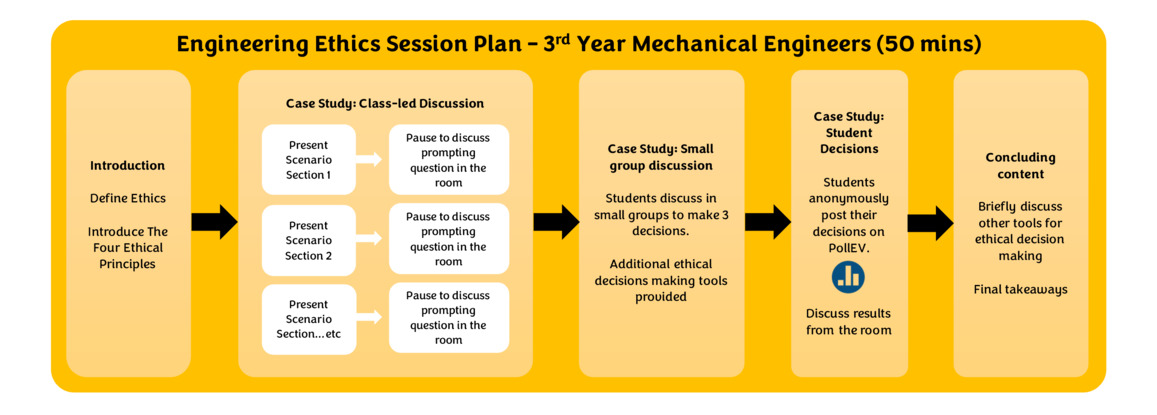We’re excited to share with you that we are starting work on a Complex Systems Toolkit, aimed at supporting educators in their teaching of the subject. Toolkit development will start in early 2025. The Complex Systems Toolkit is supported by Quanser. Read on to learn more and find out how you can get involved.
WHY is the EPC developing a Complex Systems Toolkit?
- Complex systems shape our lives and day-to-day realities more than most people realise. At the intersection of computing, robotics, and engineering, ever more technology is dependent on complex systems, from AI to biomedical devices to infrastructure.
- Understanding both complexity and systems is critical to today’s engineering graduates, especially as the UK seeks to position itself as a leader in areas like advanced manufacturing and autonomous systems.
- Engineers increasingly work in environments where they are required to connect different disciplines, perspectives, and skills, to understand and navigate sociotechnical systems, and to communicate complexity to diverse audiences.
- Employers today seek graduates who understand not just interdisciplinary engineering work, can work with teams, and understand complexity from different fields and specialisations, but also who can work with non-engineers on products and projects and translate that complexity effectively.
- Systems thinking competency is seen as critical to education for sustainable development, and when integrated holistically, complex systems in engineering teaching can align with national and international initiatives that promote social and environmental responsibility.
- Accreditation frameworks increasingly refer to complex problems and systems thinking in outcomes for engineering programmes.
- Learning approaches for integrating complex systems knowledge, skills, and mindsets in engineering supports educators in their own professional development, since many may have not learned about this topic that they are now expected to teach.
WHAT is a Complex Systems Toolkit?
- The Complex Systems Toolkit will be a suite of teaching resources, which may include a scaffolded framework of learning objectives, lesson plans, guidance, case studies, project ideas, and assessment models. These are intended to help educators integrate complex systems concepts into any engineering module or course.
- The Toolkit’s ready-to-use classroom resources will be suitable for those who are new to teaching complex systems, as well as those who are more experienced.
- Teaching materials will focus on the development of relevant knowledge, skills, and mindsets around complex systems and contain a variety of suggestions for implementation rooted in educational best practice.
- Toolkit resources will help educators to understand, plan for, and implement complex systems learning across engineering curricula and demonstrate alignment with AHEP criteria and / or graduate attributes.
- Guidance articles will explain key topics in complex systems education, highlighting existing resources and solutions and promoting engagement with a network of academic and industry experts.
HOW will the Toolkit be developed?
- The Toolkit materials will be created and developed by diverse contributors from academia and industry, representing a variety of fields and coming from multiple continents.
- The resources will be presented so that they can be used in many different settings such as online and hybrid teaching, lecture sessions, and problem-based learning scenarios.
- The Toolkit will be a community-owned project, and anyone can suggest or submit a new resource or get involved.
- The Toolkit will be developed by the Engineering Professors’ Council and is supported by Quanser.
WHO is involved in Toolkit development?
- The development of the Toolkit will be managed by a Working Group of subject experts from academia and industry, put together by the EPC and Quanser.
- To volunteer, please register your interest here: https://epc.ac.uk/resources/toolkit/complex-systems-toolkit/complex-systems-toolkit-get-involved/
This post is also available here.
